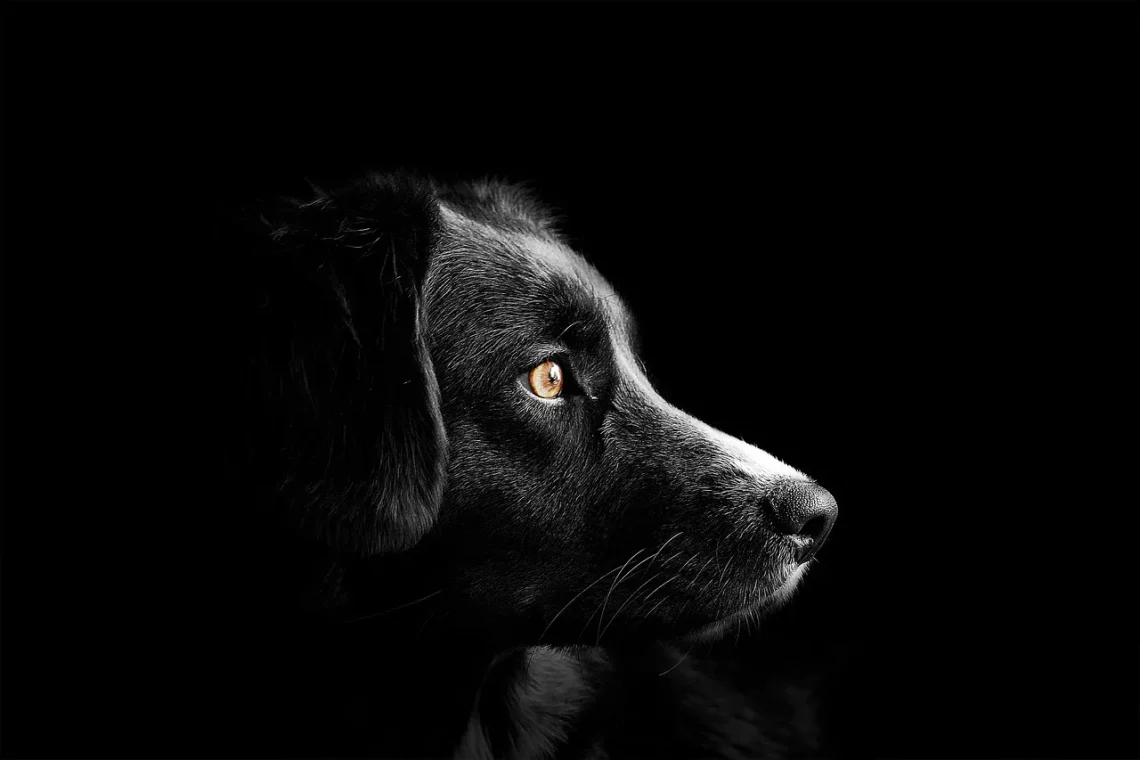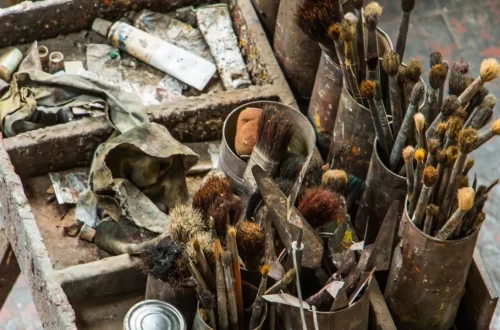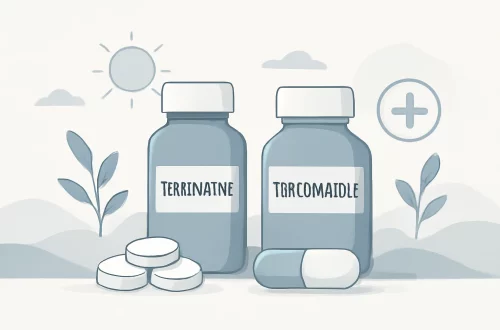
The Beauty of Great Danes in Fawn Colour: A Comprehensive Guide
Great Danes are often referred to as gentle giants, and their regal presence commands attention wherever they go. Among the various colors these majestic dogs come in, the fawn color stands out for its warm, golden hue that complements their elegant stature. This beautiful shade not only enhances their physical features but also reflects their personality traits, which are characterized by loyalty, friendliness, and a calm demeanor.
The fawn Great Dane is more than just a stunning visual; it embodies a rich history and a unique set of traits that make it a beloved choice for families and individuals alike. With their towering height and broad build, fawn Great Danes carry an air of nobility that can be both intimidating and comforting. Their striking appearance, combined with their gentle nature, makes them an ideal companion for those seeking a large breed dog that is both affectionate and protective.
As we explore the beauty of fawn Great Danes, we will delve into their distinctive characteristics, the benefits of having one as a pet, and the essential care they require. This guide will offer valuable insights for anyone considering welcoming a fawn Great Dane into their home, as well as for current owners looking to deepen their understanding of this magnificent breed.
Understanding the Fawn Color in Great Danes
The fawn color of Great Danes is often described as a light yellow-gold with a subtle hint of brown. This color is one of the breed’s standard colors and is recognized by various kennel clubs around the world. The shade can vary from a pale fawn to a deeper, richer gold, but what remains consistent is the black mask that contrasts beautifully with the lighter body color.
The genetics behind the fawn color is fascinating. It is a result of a specific combination of genes that dictate the pigmentation of the dog’s coat. Understanding these genetics is crucial for breeders aiming to produce fawn puppies, as it helps them select the right breeding pairs. Responsible breeding practices not only ensure the desired color but also promote the overall health and well-being of the puppies.
In addition to their stunning appearance, fawn Great Danes also possess distinct personality traits. Generally, they are known for their friendly and sociable nature. This breed is often eager to please, making them relatively easy to train when approached with positive reinforcement techniques. Their calm demeanor allows them to coexist peacefully with children and other pets, making them an excellent choice for families.
Their fawn coloration can also influence how they are perceived by others. Many people find the fawn Great Dane to be particularly approachable and warm, which can enhance the bond they share with their human companions. This breed’s unique look can often draw attention and admiration, making them a conversation starter wherever they go.
The Personality Traits of Fawn Great Danes
Fawn Great Danes are known for their gentle and affectionate nature, which often surprises those who are unfamiliar with the breed. Despite their imposing size, they generally exhibit a calm and friendly demeanor. These dogs thrive on companionship and are known to be loyal to their families, making them wonderful pets for individuals and families alike.
Socialization is critical for Great Danes, especially during their formative months. Introducing them to various environments, people, and other animals can help them develop into well-rounded dogs. Fawn Great Danes typically get along well with children, often displaying patience and gentleness when interacting with them. This makes them suitable for households with young ones, as they are less likely to react aggressively or anxiously in chaotic environments.
One of the most endearing traits of fawn Great Danes is their desire for human interaction. They often form strong bonds with their owners and can be quite protective, which adds an extra layer of security to the home. Despite their size, they often prefer to cuddle and be close to their humans, exhibiting a surprising vulnerability that endears them even further.
However, potential Great Dane owners should be aware of the breed’s need for regular exercise. While they may enjoy lounging around the house, these dogs do require daily walks and playtime to keep them physically and mentally stimulated. A bored Great Dane can become destructive, so regular activity is essential for their happiness.
Care and Maintenance of Fawn Great Danes
Caring for a fawn Great Dane involves more than just admiring their striking appearance; it requires a commitment to their health and well-being. First and foremost, regular veterinary check-ups are crucial. Great Danes are prone to certain health issues, including hip dysplasia and heart problems. Early detection and preventive care can significantly improve their quality of life.
Diet plays a critical role in the health of a Great Dane. Owners should provide a balanced diet formulated for large breeds to support their growth and maintain a healthy weight. Obesity can lead to serious health issues in Great Danes, so portion control and regular exercise are essential. Consulting with a veterinarian about the best diet plan for your fawn Great Dane is always advisable.
Grooming is another important aspect of care. While Great Danes are relatively low-shedding, regular brushing helps keep their coat healthy and reduces loose hair around the house. Bathing should be done as needed, but not excessively, as it can strip the coat of its natural oils.
Additionally, dental care is vital for these dogs. Regular brushing and dental check-ups can prevent dental disease, which is common in larger breeds. Lastly, socialization and training should be continuous throughout their lives. Engaging in activities like obedience training or agility exercises can provide mental stimulation and strengthen the bond between the dog and its owner.
The Lifelong Commitment of Owning a Fawn Great Dane
Owning a fawn Great Dane is not just about enjoying their beauty; it is a lifelong commitment that requires time, effort, and love. These dogs thrive on companionship and need to be integrated into family life. Leaving them alone for extended periods can lead to boredom and anxiety, which can manifest in destructive behaviors.
Training is an ongoing process that should begin as soon as you bring your fawn Great Dane home. Early obedience training lays the foundation for a well-behaved adult dog. Because of their size, it is essential to instill proper manners and commands to ensure they are manageable in various situations. Positive reinforcement, such as treats and praise, works best with this breed.
Moreover, potential Great Dane owners should consider their living situation. While they can adapt to apartment living, having enough space for them to move comfortably is crucial. Access to a yard where they can play and exercise is highly beneficial.
Finally, understanding the breed’s lifespan is part of the commitment. Great Danes typically live around 7 to 10 years, which may seem short compared to smaller breeds. During this time, providing a loving and enriching environment can lead to a fulfilling relationship that brings joy to both the dog and owner.
In conclusion, the beauty of fawn Great Danes extends far beyond their appearance. Their gentle nature, loyalty, and affectionate demeanor make them outstanding companions. However, owning one is a serious commitment that requires dedication to their care, training, and socialization. By understanding the specific needs and characteristics of this magnificent breed, prospective owners can ensure a rewarding experience for both themselves and their fawn Great Dane.
**Disclaimer: This article is not a substitute for professional veterinary advice. If you have health concerns regarding your pet, please consult with a qualified veterinarian.**




